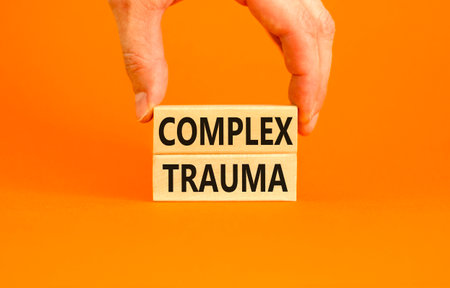Complex Trauma Management
"To keep the body in good health is a duty... otherwise, we shall not be able to keep the mind strong and clear."
Complex Trauma
What is a complex trauma?
Complex trauma is a type of trauma that occurs repeatedly cumulatively and even increases over time. In a family context a conspicuous example of complex trauma is ongoing (physical or sexual) violence against family members. Complex trauma can also develop as the result of war, captivity, uprooting, refugeeness and human trafficking. Complex trauma can also be the result of a chronic illness that requires intensive and frequently painful medical intervention.

The Difference between Trauma And Complex
Usually, Post-Traumatic Stress Disorder (P.T.S.D.) is the result of exposure to a single traumatic event for example, a terrorist attack or single event in war. Complex trauma consists of multiple traumatic events, of the same type which the victim experiences over a period of time. The effect of these traumatic events on the person is cumulative.
Phenomena Unique to Complex Trauma
Complex trauma influences deep layers of the personality. Some of the phenomena parallel those that appear in “regular” P.T.S.D. but some do not. In general, people who have experienced complex trauma tend to act in ways that endanger themselves –not only do they have difficulty controlling urges and emotions, they have trouble remaining in therapy.
Specific characteristics of complex trauma are:
| |
| |
| |
| |
| |
|
Phenomena Unique to Complex Trauma
Yes. Since the difficulties affect the deepest level of the personality belief system self-image and control of emotions and urges treatment does not focus directly or solely on the trauma but rather on the entire person. For this reason, and because the victim has trouble maintaining a therapeutic alliance with therapist treatment lasts longer than therapy focused on trauma.
We are here to help you Get relief from your pain
Get reed of from various body pain from our experienced doctor.
